In a strategic move to address its financial challenges and bolster profitability, GAC Group, a prominent player in the automotive industry, has decided to offload a part of its stake in a loss-making subsidiary. This decision comes at a time when the company is grappling with dwindling profits and heightened competition in the market.
On December 3, GAC Group announced that it, along with its wholly-owned subsidiary, plans to sell an 18.82% stake in Guangzhou Juban Technology Co., a significant entity within its portfolio, to its controlling shareholder, Guangzhou Automobile Industry Group. The estimated transaction value stands at approximately 1.33 billion yuan, which is nearly nine times the assessed value of the stake, and the sale is expected to enhance GAC's net profits by about 2.26 billion yuan. This strategic divestment underscores the acute financial pressures faced by GAC Group, particularly in light of its stark decline in profitability.
The financial woes of Juban Technology are evident, with the firm reporting cumulative losses approaching 1 billion yuan this year. As of late September, its net assets dwindled to just over 713 million yuan, a far cry from the staggering assessment value of 7.07 billion yuan placed upon it for this transaction. Analysts suggest that the steep valuation reflects a mechanism to swiftly cleanse the financials of GAC Group's broader operational performance.
This sale isn’t an isolated event for GAC Group. Earlier this year, the group had engaged in a similar transaction when it sold shares of a ride-hailing operation to its controlling shareholder for about 270 million yuan. This pattern of divesting underperforming assets is a clear indication of GAC Group's strategy to stabilize its financials amid fluctuating market conditions.
Indeed, analysts within the automotive industry have pointed out that the bulk of GAC Group's decision-making appears to be directly correlated with its performance reports. For the first three quarters of the year, the group reported a dismal net profit of just 120 million yuan, marking a staggering decline of 97.34% year-on-year. With the sale of loss-making assets, it stands to improve its profits significantly, potentially raising its annual net profits by over 3 billion yuan.
A Consideration of Asset Valuation
The aforementioned transaction has arisen amidst Juban Technology's operational complexities since its inception in 2020. Established by a consortium of investors including GAC Group, the company had ambitions centered around developing rapid power battery technologies and revolutionary energy storage systems. However, despite its prospective growth trajectory, it has struggled significantly with its profit margins.
The appraisal report highlights this disconnect; while the book value of Juban Technology’s equity stood at approximately 713 million yuan, the assessed value soared to an astounding 7.07 billion yuan, translating into a staggering appreciation rate of nearly 892%. Such discrepancies raise concerns regarding the sustainability of these valuations in the long term.
Over the last two years, Juban Technology has recorded monumental losses. As reported, for 2023, the company was on track for a mere 326 million yuan in revenue, juxtaposed against total losses of over 533 million yuan. This pattern of dismal performance raises concerns about the long-term viability of the business and its capacity to generate sustainable profits.
The Role of the Controlling Shareholder
The controlling shareholder in this transaction, Guangzhou Automobile Industry Group, holds a dominate position in GAC Group with approximately 53.16% ownership. Governance structure plays a crucial role in determining asset management strategies and effective fiscal oversight.
Throughout 2023, Guangzhou Automobile Industry Group has increasingly absorbed GAC Group's faltering assets. Notably, on January 12, the latter transferred 8.8 million shares in Chenqi Technology, a ride-hailing service with troubling financials marked by significant net asset deficits. This ongoing acquisition behavior raises questions about the financial sustainability and operational strategy of the controlling shareholder itself as it grapples with losses surpassing 2.36 billion yuan in their own operational results.
Analysts speculate that the controlling shareholder's acquisition of loss-laden assets is partly aimed at refurbishing GAC Group’s profit matrix. The automotive market has become fiercely competitive, with traditional fuel vehicle margins under siege from both internal and external competitive pressures, particularly from emerging players in the electric vehicle sector.
Reports further reveal that GAC Group experienced a significant revenue drop of 24.18% this fiscal year, showcasing how consumer demand is shifting away from traditional vehicles, and how the group’s competitive positioning reflects broader shifts in consumer preferences.
Moreover, financial documents illustrate GAC Group's struggle; not only did it report plummeting revenues, but its net profit margin significantly lagged behind competitors like BYD and Great Wall Motors. Industry reports suggest GAC Group’s sales gross margin stood at a mere 6.13%, in stark contrast to the margins enjoyed by its competitors.
The group attributed its disappointing performance to a variety of internal and external pressures including production and capacity redundancies, shifts in currency valuations, and growing competitive pricing pressures, all of which contributed to a considerably higher operational overhead.
By evaluating sales metrics, one can derive insights on GAC Group’s performance. Recent sales data reveals that vehicle sales dipped significantly, with October figures indicating a 17.23% decline compared to the previous year, marking an aggressive downward trajectory in market positioning.
In light of these transactions, the transition away from loss-making assets serves not only as a financial remedy but as a strategic reconfiguration. The anticipated gains from these equity transfers could uplift GAC's net profit landscape considerably, thereby aiding in rectifying the fiscal imbalance it currently faces.
Upcoming analyses will shed light on GAC’s fiscal efficacy following these arrangements, and how well they align corporate strategy with market expectations. Although these asset reallocations signal a proactive approach to reconciling profitability, challenges still loom for the automotive giant.
Market Reactions and Future Potential
With these equity sales, the pivotal question remains: Can GAC Group successfully navigate through this financial quagmire to restore and elevate its profitability metrics?
Financial reports state that GAC's net profits for 2021 through 2023 were recorded at 7.33 billion yuan, 8.06 billion yuan, and 4.43 billion yuan respectively, indicating a troubling trend of declining profitability. Such metrics underline the urgent need for remedial actions, especially in light of 2023's substantial profit degradation.
Despite the projected profit augmentation from the asset sales, GAC’s overall financial figures still reveal a structural gap when compared to its previous performance levels. The apparent shortfall underscores the challenging path that lies ahead as it moves toward financial recovery.
Reactions from the stock market have also mirrored investor apprehensions; upon the announcement of these transactions, GAC Group's shares saw a decline of about 5.61% the following day, terminating a prior bullish trend.
Investors are increasingly looking towards the company's partnerships. A recent partnership with Huawei, aimed at enhancing intelligent automotive technologies, offers a glimmer of hope. Analysts project that this collaboration could yield new opportunities for technological innovation and market repositioning.
Consolidated financial outcomes from these strategic partnerships, however, remain contingent upon the execution and development of specific initiatives. Stakeholders will be keenly observing GAC Group's progress and its pursuit of operational renaissance in the evolving automotive landscape.
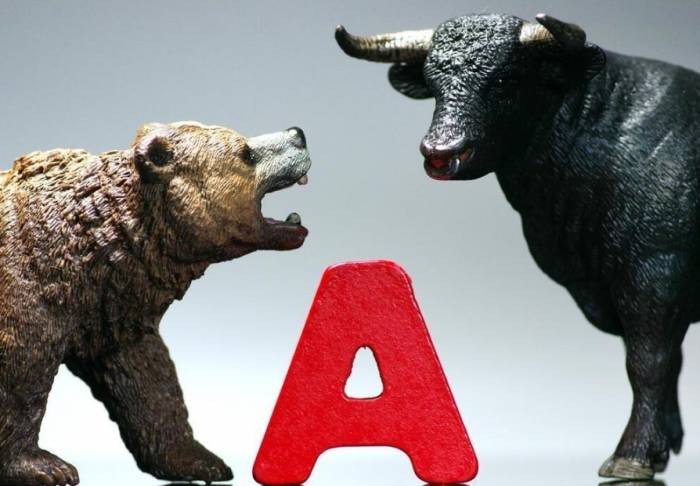




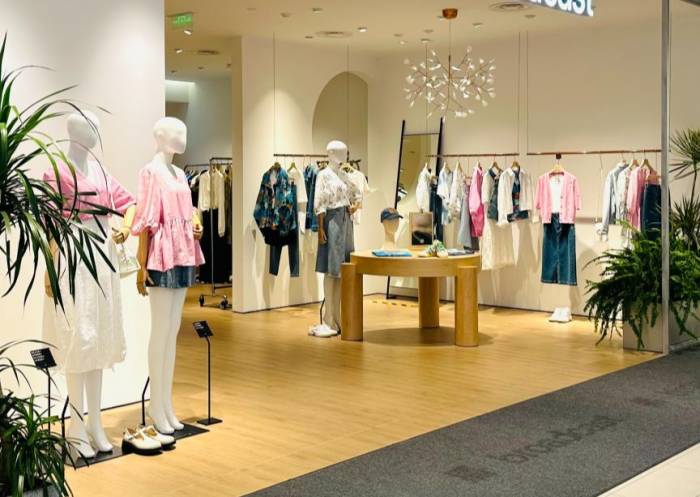




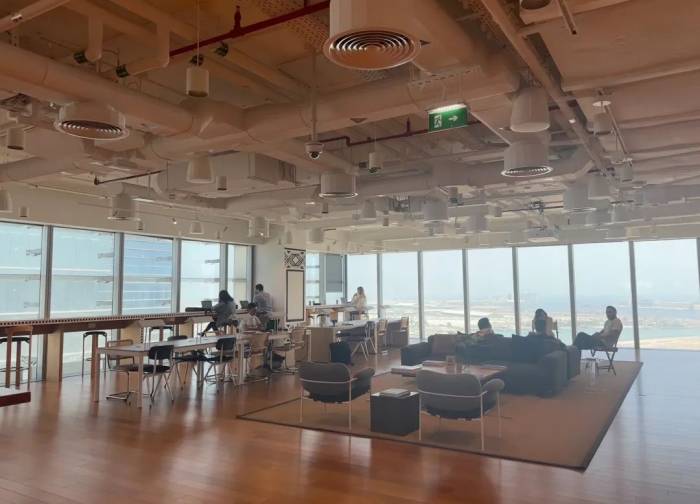










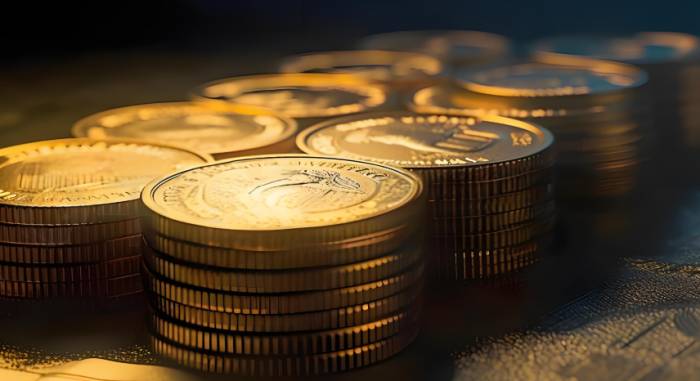
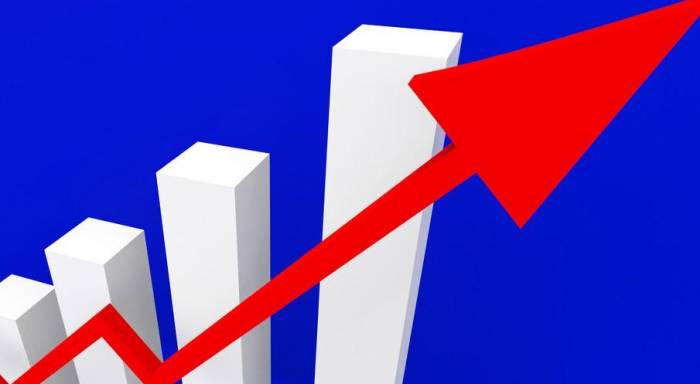



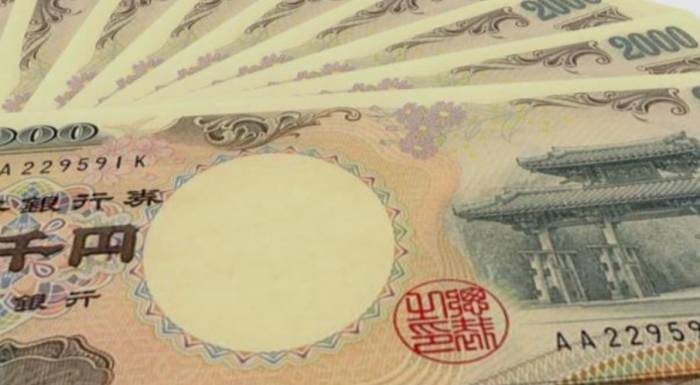

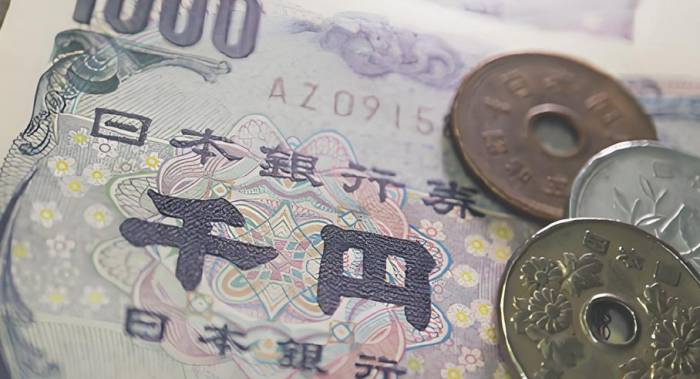
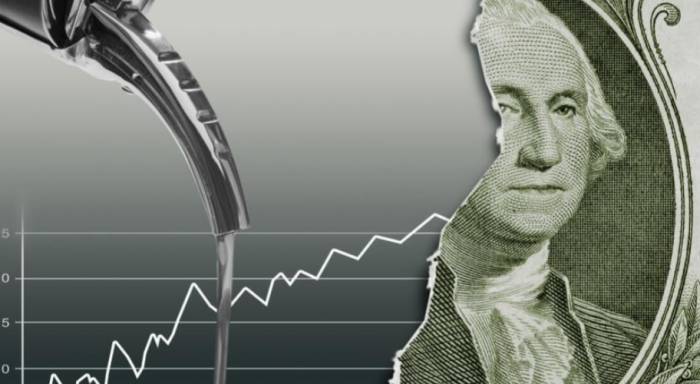
Join the Discussion